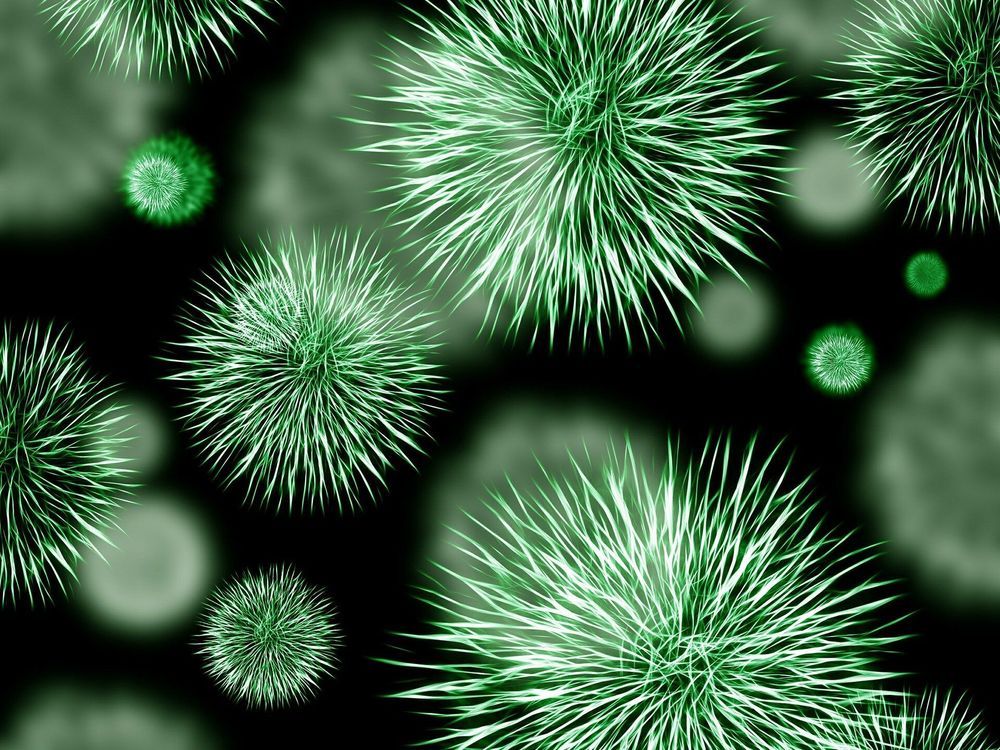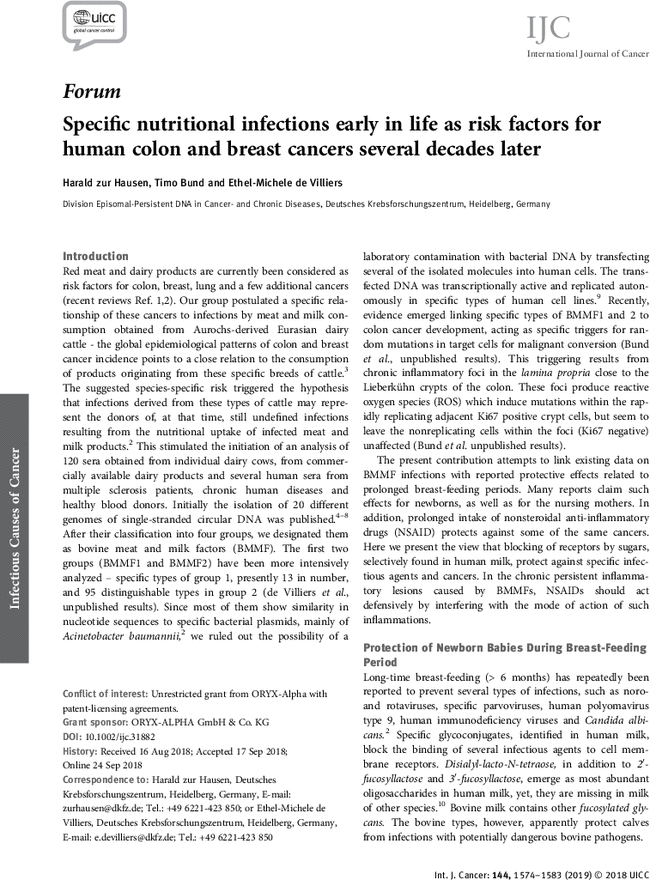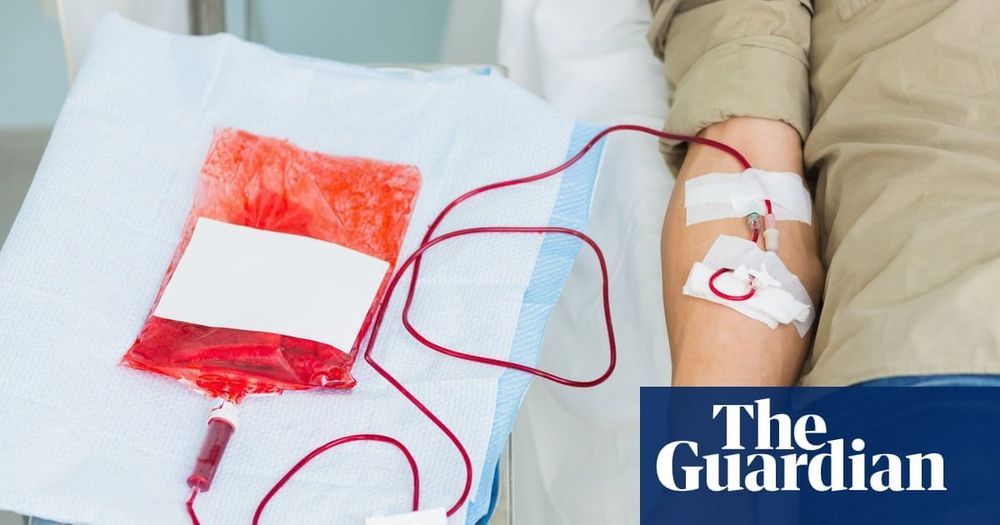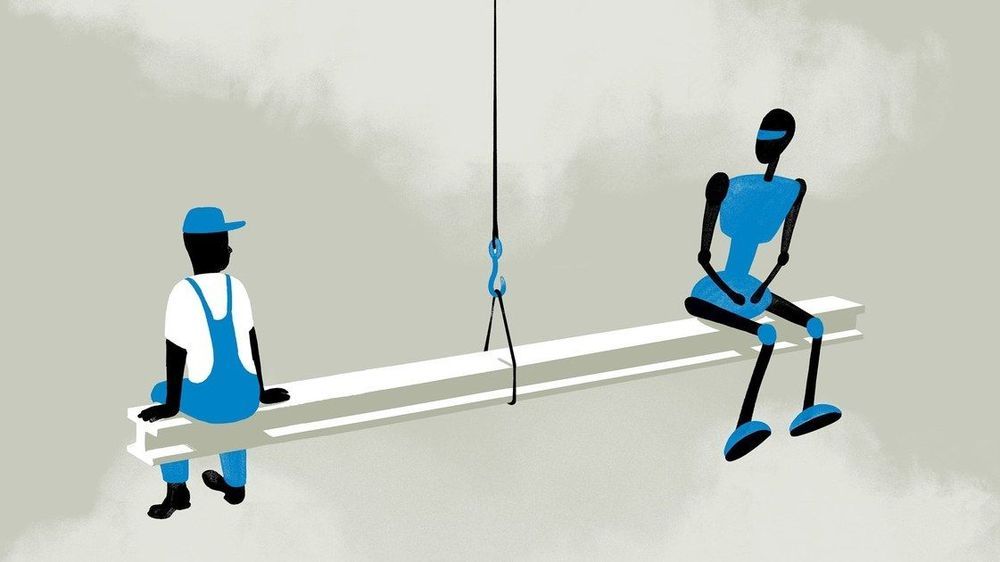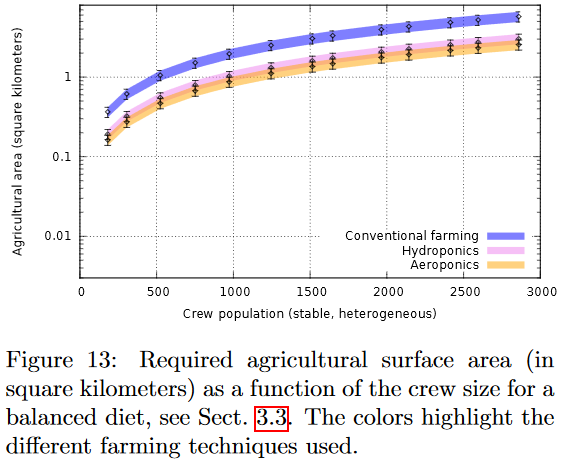The biggest source of variability in the microbiome is the person-to-person variability. It’s a problem if you’re looking for causality. That’s a red flag word for us – causality – meaning something about the bacterial community causes some disease. You actually don’t know whether it’s the bacteria or whether the bacteria are a sign of something that happened before. It’s very much individualized, so everybody’s history matters.
We are all teeming with bacteria that help us digest food or fight disease, but two people might play host to a very different array of bacteria due to diet, where they live, hobbies or even medical histories.
As a result, scientists have struggled to understand which bacteria are linked to disease and which protect against it. Studies comparing people’s bacterial companions – known as the microbiome – to explore what that variation means might disagree because they analyzed different groups or didn’t sample enough people.
Statistics Professor Susan Holmes thinks one way of teasing out which differences are relevant to disease and which are just differences between people could come down to statistics and repeating studies.
